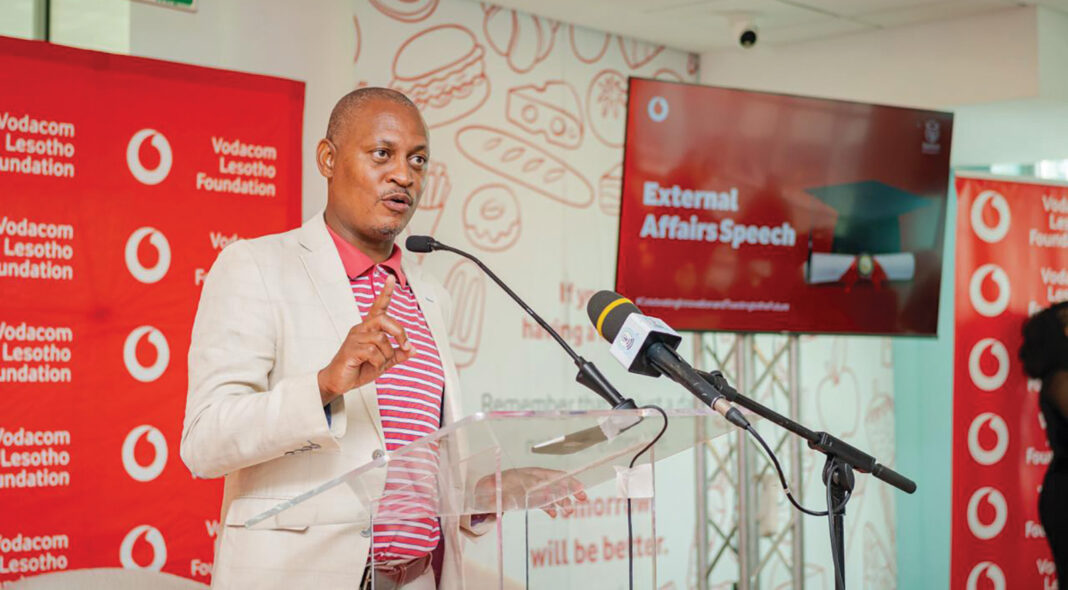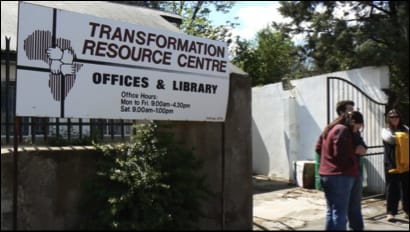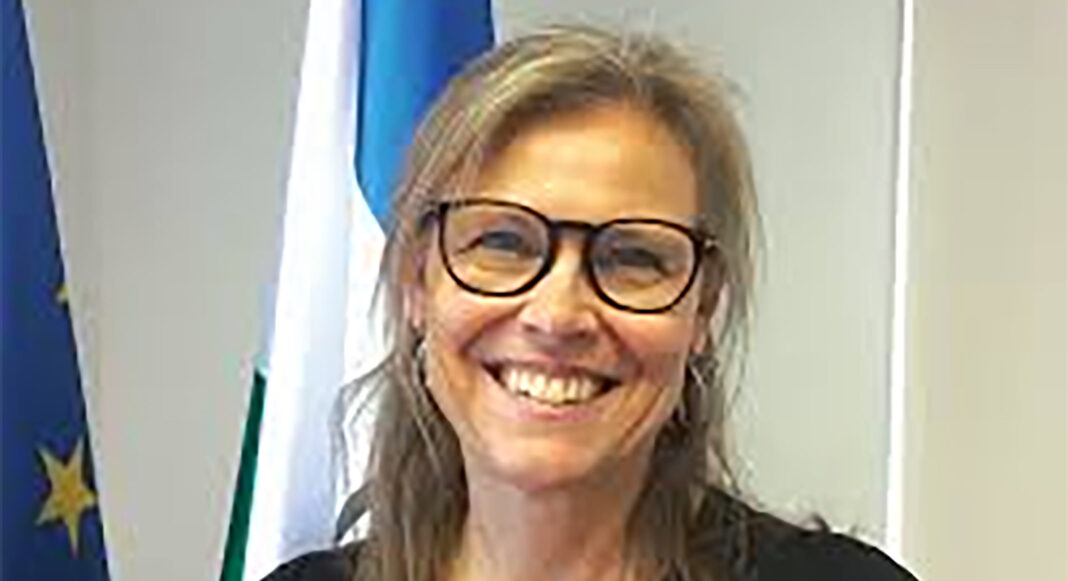Vodacom Lesotho this week celebrated the graduation of the first cohort from its Tech Entrepreneurship Acceleration Programme, known as the Software Factory Hub, at a ceremony held on Wednesday in Maseru.
The event marked the culmination of a six-month programme designed to cultivate a new generation of Basotho technology leaders.
The Software Factory Hub forms part of Vodacom’s broader commitment to building a vibrant digital ecosystem in Lesotho.
The initiative equips local tech start-ups with advanced software development skills, expertise in emerging technologies, cybersecurity knowledge, and essential business management competencies. Its ultimate goal is to nurture start-ups into established enterprises capable of serving major corporations and government institutions, while driving home-grown solutions to Lesotho’s most pressing challenges.
Speaking at the event, the Principal Secretary in the Ministry of Information, Science, Technology and Innovation, Kanono Ramashamole, hailed the initiative as a milestone in national development.
“This graduation reflects Vodacom’s mandate to build a digitally empowered future for all Basotho,” Ramashamole said.
“We are committed to creating an enabling policy and regulatory environment where innovation can thrive, create jobs, and respond to the Prime Minister’s call to tackle youth unemployment.”
Vodacom Lesotho Chief Executive Officer, Mohale Ralebitso, said the programme aligns with the company’s mission to drive progress through collaboration and innovation.
He noted that as Lesotho reshapes its national priorities, partnerships like this are vital to achieving outcomes that position our nation globally.
“To our graduates, bring quality, competence and innovation to the table—spread your wings and continue to make a difference,” he urged.
On his part, Head of Vodacom Lesotho, Tšepo Ntaopane, explained that the Software Factory Hub was born out of the company’s reflection on the cost of outsourcing digital services.
He indicated that Vodacom decided to invest locally to build home-grown capacity. Through local innovations such as a “Please Call Me” solution developed by the graduates, the company has already achieved a 60% cost saving. Ntaopane added that the next phase of the project will include collaboration with the Prime Minister’s Sebabatso Programme to create sustainable employment opportunities.








